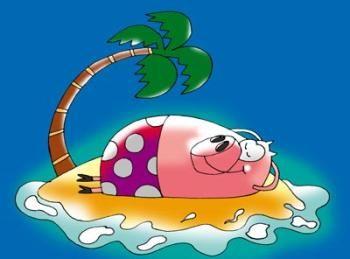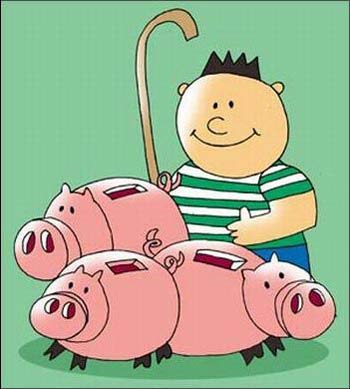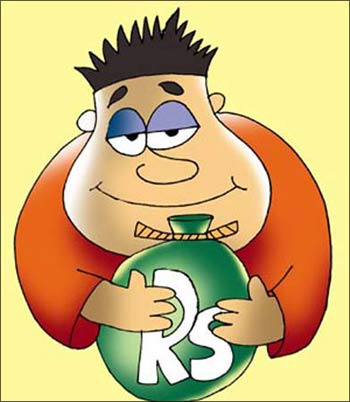The growing economy has spun a wheel of fortune for Indians, with high income households outnumbering those in the low category for the first time at the end of 2009-10, according to estimates made by think-tank NCAER.
India has 46.7 million high income households as compared to 41 million in the low income category, the National Council of Applied Economic Research estimates on Earnings and Spendings have revealed.
"For the first time, the number of high income households is set to exceed the number of poor households in 2009-10," the NCAER said, adding that the middle income class continued to grow.
Households earning less than Rs 40,000 per annum (at 2001-02 prices) are dubbed as low income, whereas those with earnings over Rs 1.80 lakh (Rs 180,000) fall in the high income category.
. . .
More rich households in India than low income ones now
Those earning between Rs 45,000-Rs 1.80 lakh per annum are considered middle income households, whose number surged to 140.7 million out of the total of 228.4 Indian million families at the end of 2009-10.
Thus, the NCAER survey confirms that 62 per cent of Indian households belong to the middle class, which is the target of most consumer goods firms.
"The wheel of fortune continues to spin in India, with each level of household income set to move a notch higher by the end of the decade," the survey on spending and earning patterns since 1985-86 said.
The Indian economy grew at above 9 per cent between 2005-06 and 2007-08. After slowing down in 2008-09 and 2009-10, it is projected to expand at 8.5 per cent in the current fiscal.
. . .
More rich households in India than low income ones now
The data shows how the country has come a long way in the last 10 years in raising the income standards. In 2001-02, out of the total of 188.2 million households, the number of high income families was only 13.8 million, whereas those in the low income category stood at 65.2 million.
Referring to the middle class, the study said, "Their growing clout becomes even more apparent when one looks at the ownership patterns of households goods. Nearly 49 per cent of all cars are owned by the middle class, compared to just 7 per cent by the rich."
Similarly, 53 per cent of all air conditioners are owned by middle class homes and nearly 46 per cent of all credit cards are to be found in these households.




article